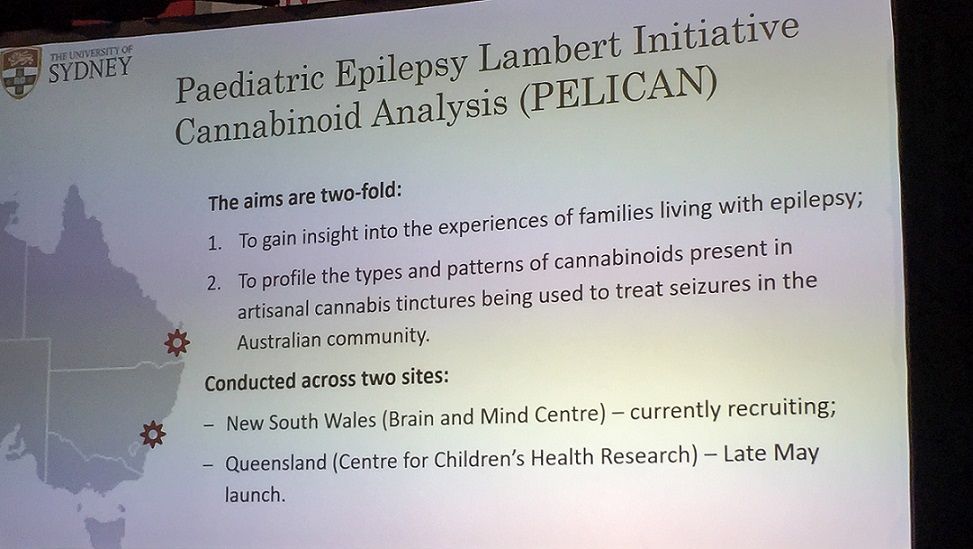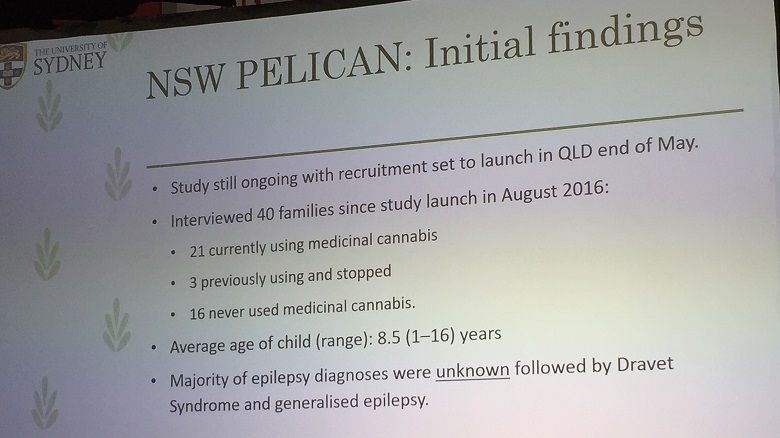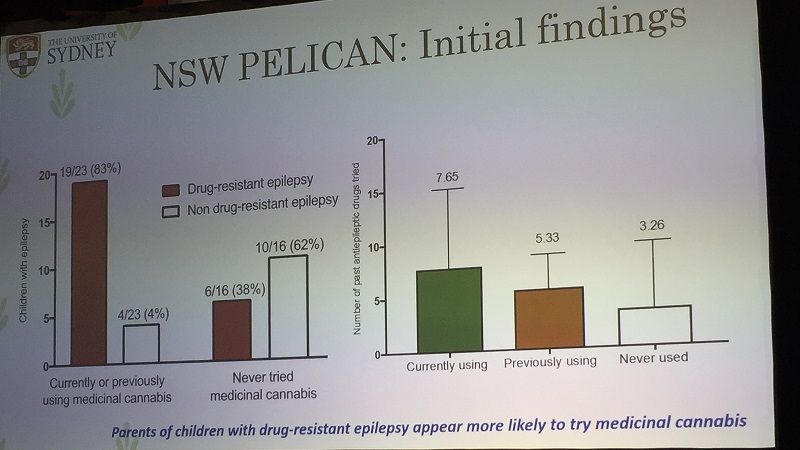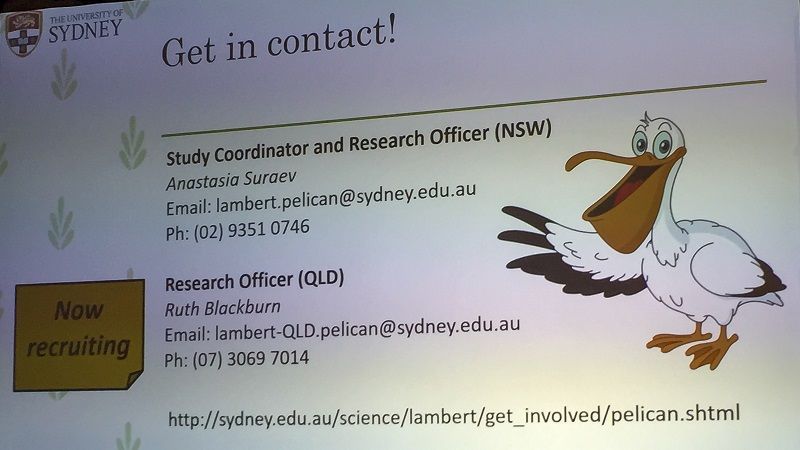The PELICAN (Paediatric Epilepsy Lambert Initiative Cannabinoid Analysis) research study is a really exciting study, that is currently being conducted by the Lambert Initiative.
The Lambert Initiative for Cannabinoid Therapeutics at the University of Sydney was set up to primary study cannabinoid medicine. It is the first initiation of its kind in the brand new industry of medicinal cannabis in Australia. The main focus is to study the different effects of cannabinoids in the cannabis plant, their therapeutic effects and mechanism of actions in the human body to advance the use of medicinal cannabis in Australia as a mainstream medicine.
The Lambert Initiative came to life as a result of a very generous donation of $33.7 million by Barry Lambert and his wife, Joy to the University of Sydney in 2015.
Barry Lambert’s 5 years old granddaughter, Katelyn has a rare disease called Dravet syndrome and her seizures are being treated with medical cannabis very successfully.
Epilepsy is one of the main conditions that the Lambert Initiative focuses on and the PELICAN research study is a key component of it.
Anastasia Suraev, the PELICAN Study Coordinator shared the project overview as well as their initial findings at the Hemp Health & Innovation Expo in Sydney in May.
It is an observational non-intervention study, that conducts interviews with parents with epileptic children, who currently use or experimented with medicinal cannabis in the past to control their child’s seizures, as well as families that have never tried cannabis treatments. For the privacy and safety of the families participating in the study, all personal data shared is highly confidential.

As part of the project, families who do use cannabis as an alternative treatment can have their cannabis oils and tinctures tested for their cannabinoid profile and receive individual feedback.
The findings and results are used to draw conclusions about the different cannabinoid ratios and their therapeutic effects.
The research is conducted in two states, the New South Wales (NSW) arm commenced in August 2016 and its completion was scheduled for June 2017. The below slide from Anastasia’s presentation outlines the situations of the 40 families surveyed in NSW.

The second arm of the project commenced in May 2017 in Queensland (QLD) and projected to be completed in 12 months.
The study also provides an opportunity to find out how these families think about using cannabis to help their loved one’s conditions and what challenges they need to deal with to source their child’s, in most cases life-saving medication.
Despite the fact that medicinal cannabis was legalised in Australia in November 2016, there is still only a small number of patients who can access it within the legal scheme. Today, the majority of patients and families in Australia are still relying on illegal sources to obtain their medications, such as compassionate suppliers, the black market or having to grow the plant themselves. Which of course, puts a fairly significant pressure on these already distressed families.

The PELICAN research study also aims to use their findings to educate the public on the therapeutic effects of cannabis as well as to support policy changes for cannabis to become part of the mainstream medical system.
If you are interested in finding out more information on the project, the contact details are listed on the below slide.

What makes this particular study even more interesting and different in my view, is that patients and families are actually teaching the researchers by sharing their own experiences with using cannabis.
Cannabis has been used as medicine for a long time, however, due to its prohibition, I believe it is a fantastic approach to go directly to the patients and learn from them. They have been experimenting with cannabis for years or even decades with great success. They’ve already done the hard work, researched it and figured out by trial and error what works best for their specific conditions, what strains, doses, delivery methods etc. It makes perfect sense to work with them.
Today, education on cannabis is vital, not just for the general public but for health professionals as well as for politicians in order to change the stigma and the laws around it, so anyone can benefit from the therapeutic benefits of the plant without having to break the law and risking prosecution.
Has medical marijuana impacted your life? Why not share your story.
Let us know in the comments section below.
- Forest Bathing (Shinrin-Yoku) with Cannabis - March 26, 2019
- 20 Most Influential Women in Cannabis - March 5, 2019
- How to Make Hemp Soap – Easy Step by Step DIY Recipe [VIDEO] - December 12, 2018


